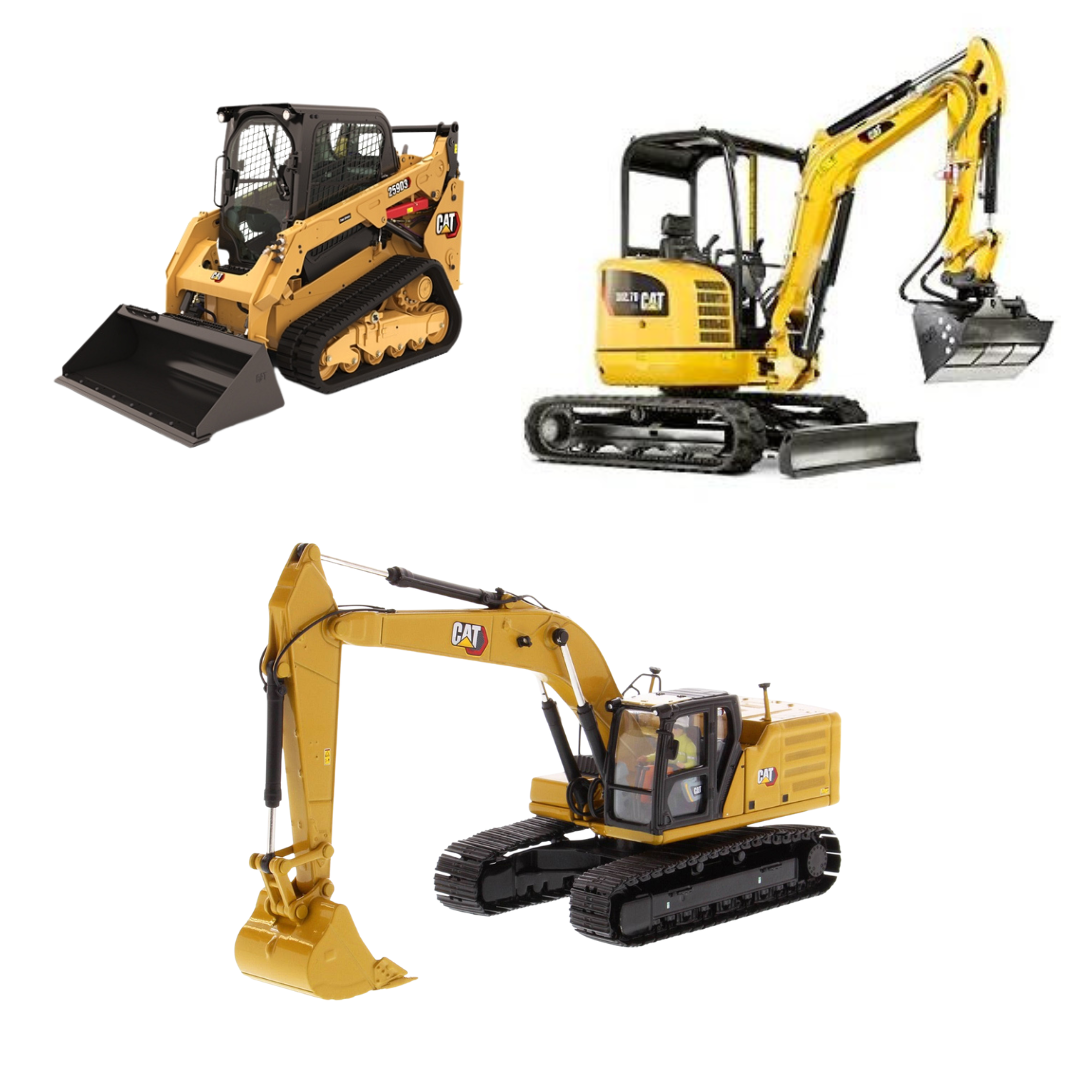Maximize Your Budget by Recognizing the Prices Connected With Construction Equipment Leasings
Recognizing the complete extent of expenses connected with building and construction tools rentals is essential for optimizing your budget plan. While the initial rental cost may seem straightforward, many added expenditures-- such as transportation, gas additional charges, and maintenance-- can rapidly accumulate, influencing your economic planning. Being conscious of various costs and the complexities of rental arrangements can aid prevent unexpected financial problems. What techniques can be utilized to effectively handle these prices and make certain a more effective rental experience?
Review of Rental Prices
When taking into consideration construction devices services, recognizing the associated costs is vital for reliable budgeting and job planning. Rental expenses can differ significantly based upon several elements, including equipment type, period of rental, and location. The first rental cost commonly shows the equipment's market need and its connected functional capacities, influencing the general expenditure.
Along with the base rental price, supplementary expenses might occur, such as transportation costs, gas additional charges, and maintenance charges. It is important to account for these added expenses to properly evaluate the complete cost of renting devices. In addition, the rental period can affect rates; longer leasings might receive reduced rates, while temporary leasings could sustain higher day-to-day fees.

Malfunction of Rental Prices
A thorough understanding of rental rates is vital for professionals and job supervisors aiming to optimize their budgets. Rental rates for construction devices usually contain several parts, consisting of base prices, time-based costs, and usage fees.
Base rates are the core charges related to the service of the devices, commonly established by the kind and size of the equipment. These prices can differ significantly, affected by variables such as devices demand, availability, and regional market trends. Time-based costs, which might be daily, weekly, or monthly, serve to suit different project timelines and rental periods.
Furthermore, rental rates might consist of usage charges, which apply when devices is made use of beyond a defined threshold, making certain that the rental firm can account for damage. Seasonal demand changes can likewise affect rental rates, with peak construction periods usually regulating greater costs.
Moreover, understanding the rental business's policies relating to maintenance and insurance coverage can provide further understanding right into the general price structure. By examining these elements, contractors can make enlightened decisions, making sure the choice of rental tools straightens with both project needs and budget restrictions.
Additional Fees to Take Into Consideration
Recognizing the complexities of added fees is critical for contractors to handle their overall service costs successfully. Past the basic rental prices, various supplementary costs can substantially impact the overall cost of equipment rental. These fees frequently include delivery and pickup fees, which can vary based on distance and logistics associated with transferring the equipment to and from the work site.
Moreover, some rental business might enforce fuel surcharges if the devices is returned with much less fuel than when rented. It is additionally vital to know possible cleansing charges, specifically for customized devices that requires extensive upkeep after usage.

Completely examining the rental arrangement and making clear these additional charges upfront can aid specialists stay clear of unanticipated prices and make certain that budget plans stay undamaged throughout the task lifecycle.
Repair And Maintenance Expenses
Regular maintenance and fixing expenses are often overlooked factors that can dramatically affect the total expense of construction tools services. When renting out equipment, it is critical to consider not only the rental fees however additionally the prospective expenses connected with maintaining the machinery in optimal operating condition.
Lots of rental business consist of standard upkeep as part of the rental agreement; nonetheless, extra comprehensive fixings or unforeseen failures can bring about added expenditures. It's necessary to assess the rental contract very carefully to recognize what maintenance solutions are covered and what obligations drop on the occupant.
Additionally, tools that is not well-maintained can result in inadequacies on the job website, possibly over at this website boosting and triggering hold-ups job costs. To minimize these threats, it is recommended to perform routine inspections and keep open communication with the rental provider relating my link to any problems that emerge during usage.
Insurance Coverage and Liability Costs
Insurance policy and responsibility prices are critical parts that can substantially influence the overall expense of building and construction devices services (scissor lift rental). These expenses make sure that both the rental business and the customer are protected from potential monetary losses developing from accidents, damages, or theft during the rental period

Additionally, customers need to understand any type of deductibles or exclusions in the insurance plan, as these can impact prospective out-of-pocket costs. Recognizing the view conditions of any kind of insurance coverage is important to avoid unanticipated expenses. Inevitably, budgeting for insurance coverage and obligation expenditures can assist ensure a smoother rental experience and protect versus financial dangers connected with construction projects.
Final Thought
In final thought, a comprehensive understanding of the costs linked with building equipment services is vital for efficient spending plan monitoring. Eventually, informed decision-making pertaining to devices leasings adds to the overall success of construction undertakings.
Rental costs can vary dramatically based on numerous elements, consisting of devices kind, period of rental, and location (construction equipment rentals). The rental period can influence rates; longer leasings may qualify for discounted rates, while short-term services might sustain higher day-to-day costs
By carrying out complete research and involving with reputable rental business, service providers can properly navigate the complexities of rental rates, eventually maximizing their monetary sources.
Beyond the standard rental rates, different additional costs can dramatically influence the total price of devices rental. Rental firms frequently provide liability insurance coverage that covers injuries to third celebrations or damages to property, while tools damage insurance can cover the price of repair services or replacement if the leased equipment is harmed.